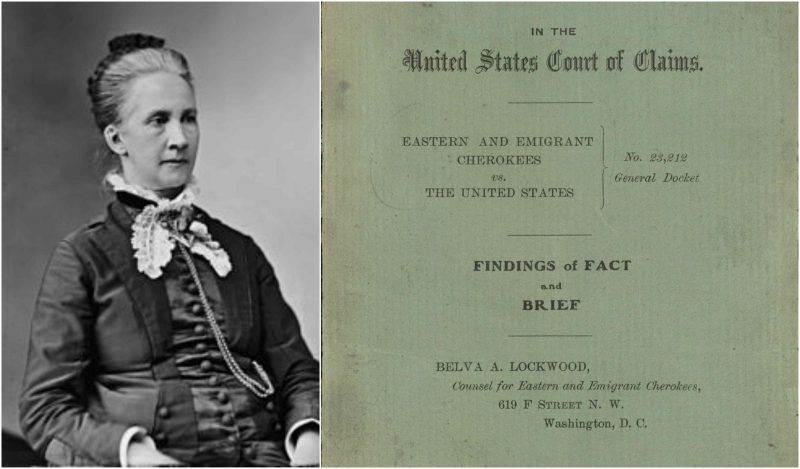Belva Lockwood is referred as a “suffragist” because of her work as an attorney, politician, educator and author based on women’s rights.
As an attorney, she was the first woman to argue a case before the Supreme Court; as a politician, she ran for president twice and helped the Cherokee people win a $5 million reimbursement from the government.
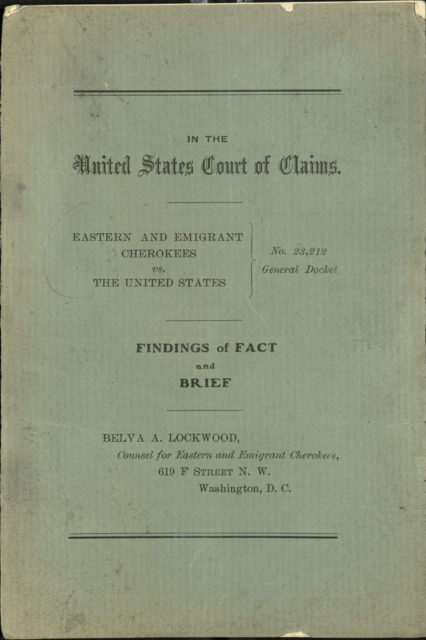
After she had graduated from law school, she started working as a teacher who educated students about women’s voting rights and the rights for equalization of women’s pay.
She always attended and participated in the movements for women’s rights and peace.
She was born in 1830, in Royalton, New York. At the age of 14, Belva was teaching at the local elementary school.
In 1849, she married Uriah McNall who died four years later, when Belva was only 22.
She was already a graduate from the law school in Washington D.C. but a widow and a single mother, who had to work as a teacher to support her daughter.
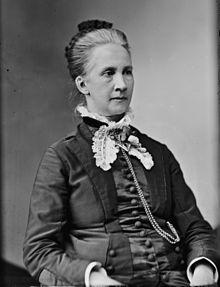
Despite the discrimination, she was confronting and the obstacles she had to overcome, she became a principal at the school where she taught and improved her education, earning a bachelor’s degree in science in 1857.
Few years later, when she wanted to enroll in universities like Georgetown University and Howard University in order to get a law degree, she was denied entry because of her gender.
In 1873, she managed to fulfill her ambition and finally got a university degree.
She became a lawyer in order to defend and fight for women’s rights.
As a lawyer, Lockwood believed that she should have equal rights as any other lawyer regardless of her gender, but at the time women weren’t allowed to stand in front of the U.S. Supreme Court and defend a case.
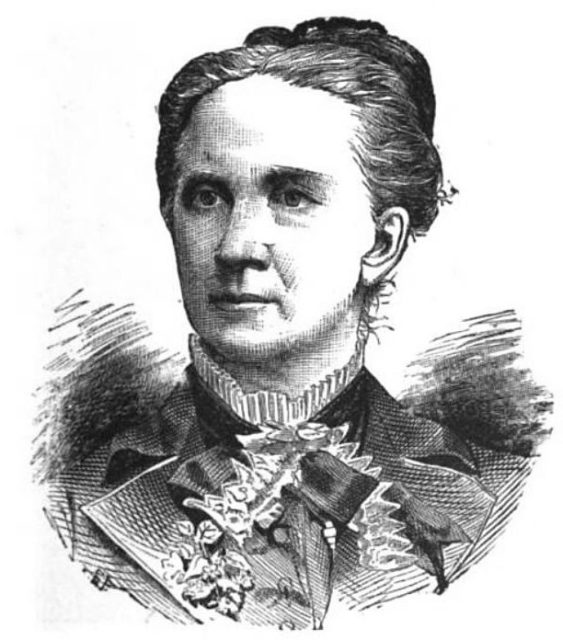
After a few attempts in the course of 6 years, Lockwood finally managed to convince the Congress to remove this restriction and in 1879 she became the first woman standing before the U.S. Supreme Court.
Encouraged by her success, she turned to politics and became the second woman after Victoria Woodhull to run for President of the United States and the first woman to run for the presidency twice- in 1884 and 1888.
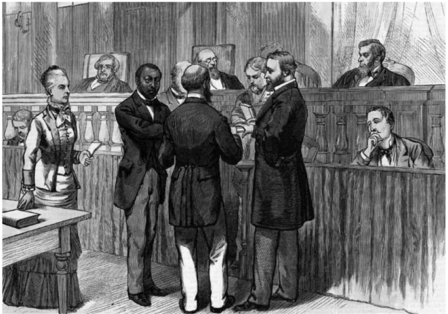
The first time she ran for a president, she reported a fraud in newspapers and magazines referring to the counted voices, claiming that in Oregon only half of the electoral votes had been received and that in Pennsylvania the votes weren’t counted but simply thrown away.
Even though she didn’t win the race for president, Lockwood remained a symbol of women’s bravery.
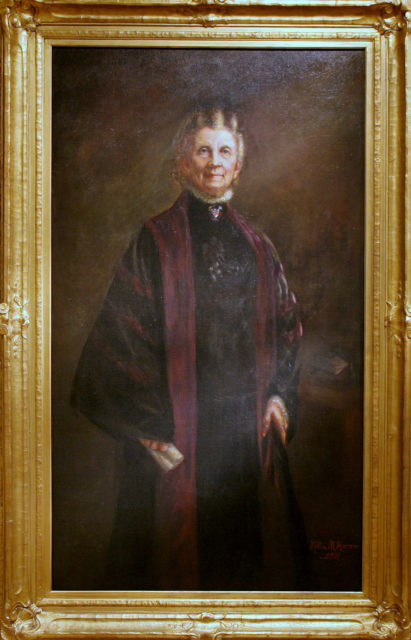
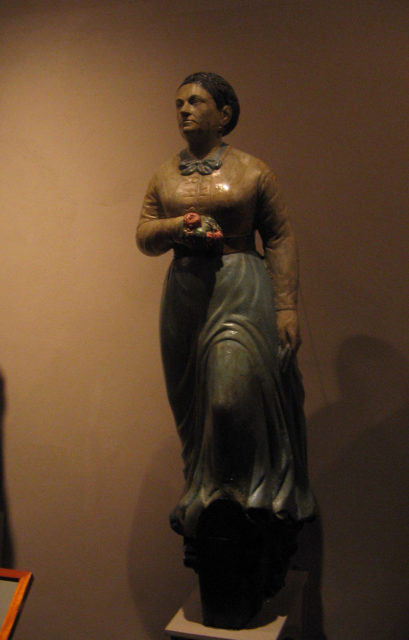
She was often writing articles and essays about women’s suffrage and became a highly-respected writer. She participated in the National American Woman Suffrage Association, the Equal Rights Party and in the National Women’s Press Association.
Lockwood was also working on world peace and co-edited a journal called “The Peacemaker”. During an exposition in Paris in 1889, she represented the Universal Peace Union.
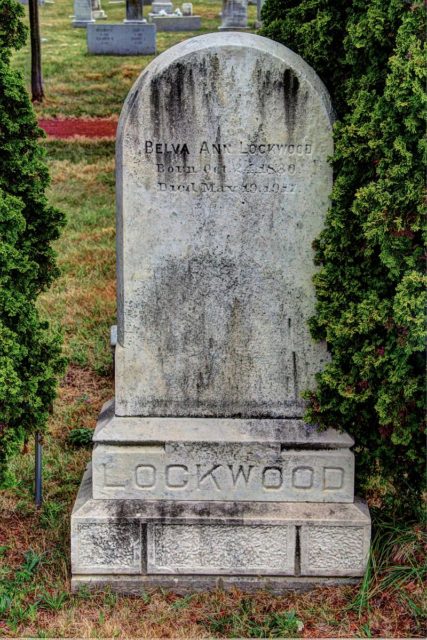
After a 43-years-long career as a lawyer, Lockwood died in 1917 at the age of 86 and was buried in Congressional Cemetery in Washington, D.C.
